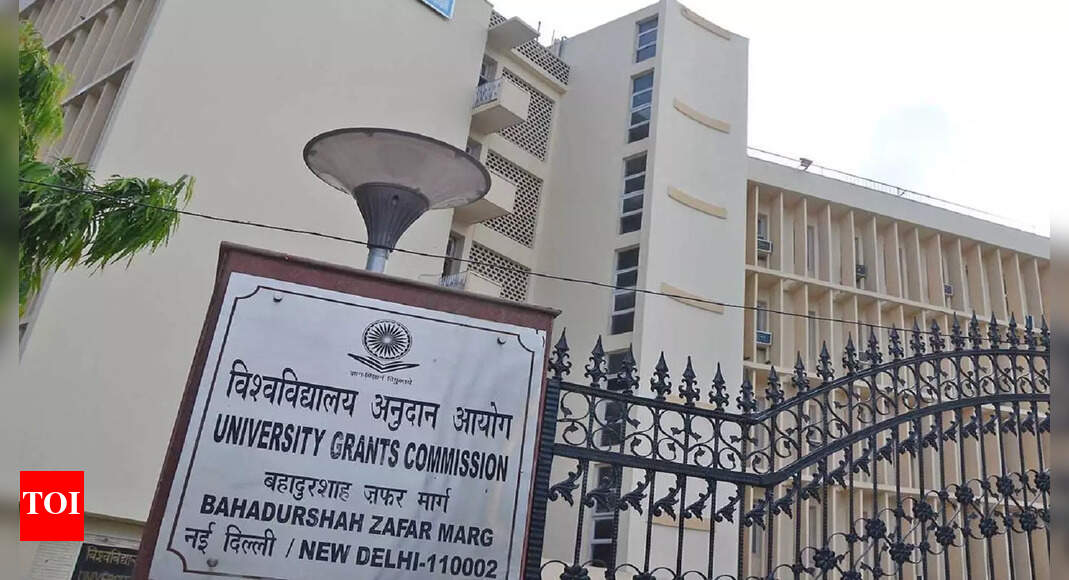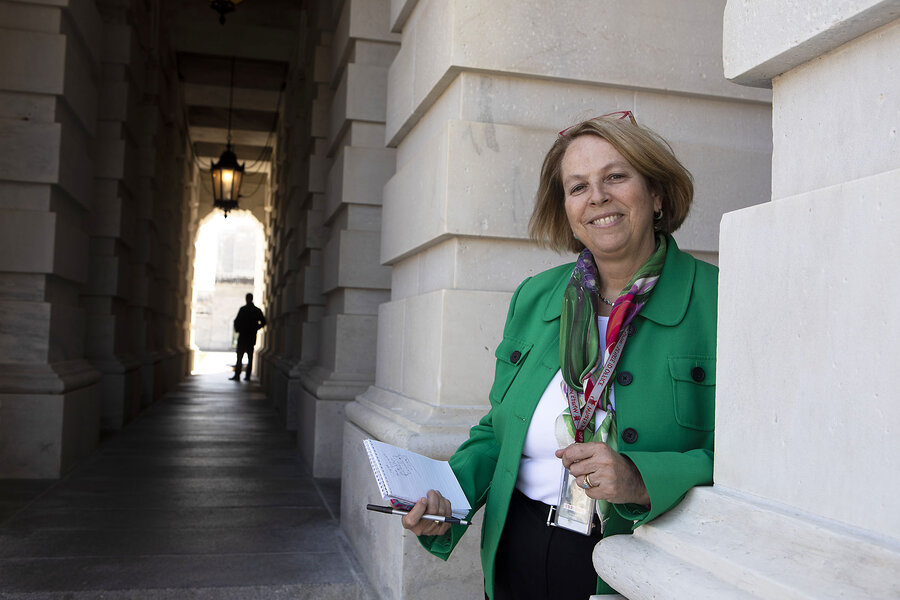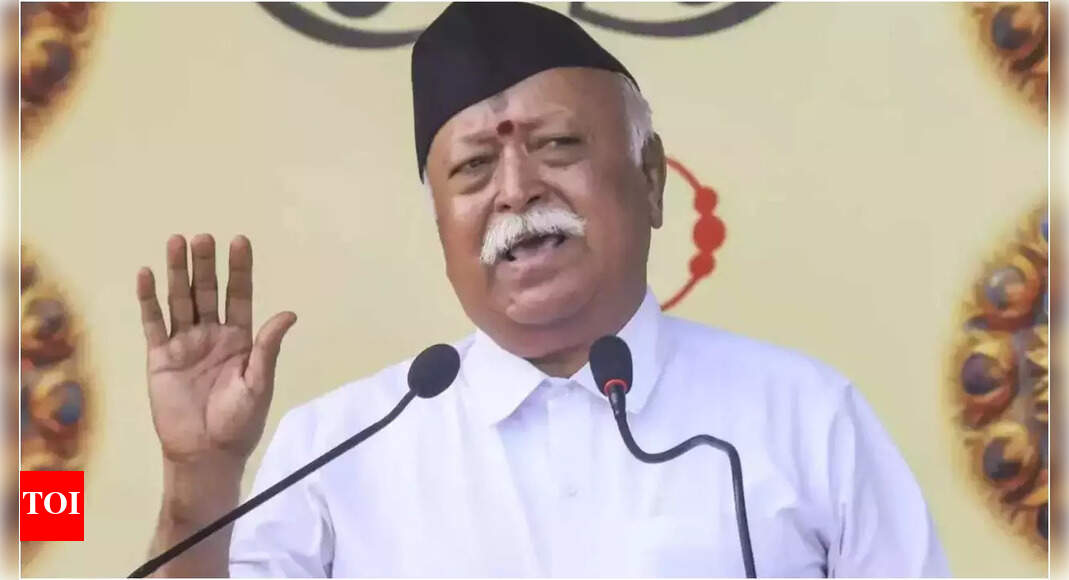Now Reading: Supreme Court Clears UGC Draft Rules on Ragging, Harassment, and Discrimination in Colleges
-
01
Supreme Court Clears UGC Draft Rules on Ragging, Harassment, and Discrimination in Colleges
Supreme Court Clears UGC Draft Rules on Ragging, Harassment, and Discrimination in Colleges

Swift Summary:
- The Supreme Court of India has allowed the university Grants Commission (UGC) to proceed with notifying draft regulations 2025 aimed at addressing issues such as ragging, sexual harassment, adn discrimination based on caste, gender, disability, and other biases in higher education institutions.
- A bench comprising Justices Surya Kant and N Kotiswar Singh clarified that these regulations are complementary to recommendations from the National Task Force (NTF), which was constituted earlier to address student mental health concerns following cases of suicides.
- Petitioners can propose edits or additions to these regulations during ongoing proceedings for further deliberation by the court.
- Senior advocate Indira Jaising highlighted concerns regarding the merging of older guidelines for discrimination within new draft regulations, arguing detailed descriptions from previous policies were removed. Solicitor General Tushar Mehta contested this viewpoint while referring to a March 24 verdict supporting NTF’s role in evaluating such matters later.
- The court remarked that if enacted, NTF recommendations would help evaluate potential shortcomings in final UGC policy frameworks.
!Supreme Court allows UGC Draft Regulation
Indian Opinion Analysis:
The Supreme Court’s decision underscores an institutional push towards safeguarding equality and inclusivity within higher education spaces while complementing existing mental health initiatives.By involving both UGC’s regulatory framework and oversight through a national task force like NTF tasked with recommending improvements post-enactment, a multi-layered mechanism is intended.
However, raised concerns around diluted scope compared to earlier versions suggest scrutiny might be warranted during rollout stages. Ensuring clarity and depth in definitions could foster trust among marginalized groups who experience systemic biases-a key consideration amid cases like those spotlighted by advocate Indira Jaising. Collaborative refinements through ongoing legal proceedings strengthen participatory governance.
This move could mark significant progress if paired effectively with actionable enforcement mechanisms across state-run universities down to private entities nationwide-hallmarks critical beyond compliance data frameworks established in preceding years under India’s educational equity goals.



























